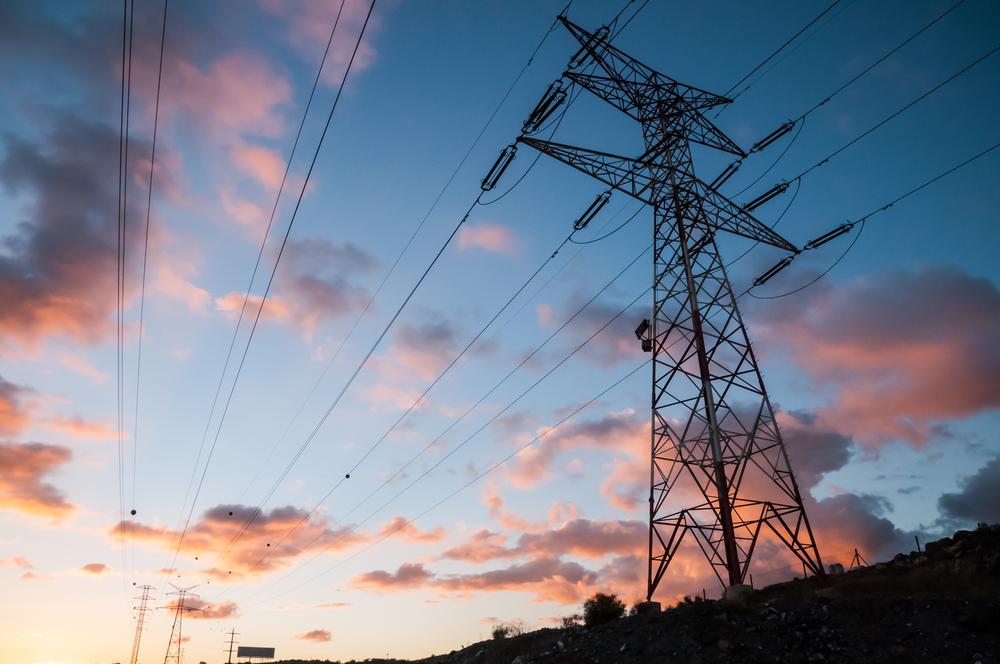Save On Your Energy Bills With Energy Improvement Mortgages
Most mortgages taken out on real estate are used for very specific purposes. The world has entered a phase where saving energy has become very important. It is only logical to make a mortgage available so that people can afford to have energy-saving appliances and fixtures more easily. An ’energy efficient mortgage’ makes this happen when it comes to home improvement. The best thing is that the effects of these energy saving appliances continue for way longer than the period of the mortgage.

Energy efficient mortgages make sure that a portion of the sanction money is set aside in an escrow account for the sole purpose of installing energy efficient hardware at home. An official energy evaluator visits the residence, evaluates the total energy consumption, and suggests improvements for better energy efficiency. Once the official findings and suggestions have been submitted and the lender confirms that the improvements have been made, the money held in escrow is disbursed immediately to cover all costs incurred by the borrower.
Why go for energy efficient mortgages?
Over the last few decades, it has become very essential to be concerned with energy conservation. Energy conservation is important to conserve nature and maintain ecological balance. The conservation of energy can start at home, and this is what energy efficient mortgages tap into.
You Might Also Like: 5 Things To Do After You Pay Off Your Mortgage
Here are some of the top reasons to go for an energy efficient mortgage loan today.
- Better resale value: It is no secret that an energy efficient home has a way better resale value. It is financially feasible to have lower utility bills and save energy in the process. Hence, having a part of the money set for installing and setting up energy-efficient fixtures is beneficial from the perspective of both the lender and the borrower.
- Less financial pressure: It may happen that huge utility bills at the end of each month will put financial pressure on the borrower and may force them into borrowing more. Hence, it is definitely a good idea to start saving at home by investing a little in energy improvement mortgages.
- More security: Energy improvement mortgages ensure security for both parties in the transaction. The lender gets collateral that is more valuable and the borrower has fewer recurring costs that enable them to keep up with the mortgage.
What are energy efficient mortgages typically used for?
Energy efficient mortgages are used to revamp the entire electrical and electronic system of the house. Typically, most energy evaluators recommend including extra insulation, tightening window and door seals, replacing the entire HVAC system, and installing new electrical appliances with a greater energy efficiency rating. This type of mortgage does have a higher rate of interest on it, but the premium is well worth it, and it is easier to pay for the higher rate with the drastic improvements in the electrical systems of the house.
Keep yourself updated with the latest on Mortgage . Like us on Facebook and follow us on Twitter for more on Investments.

